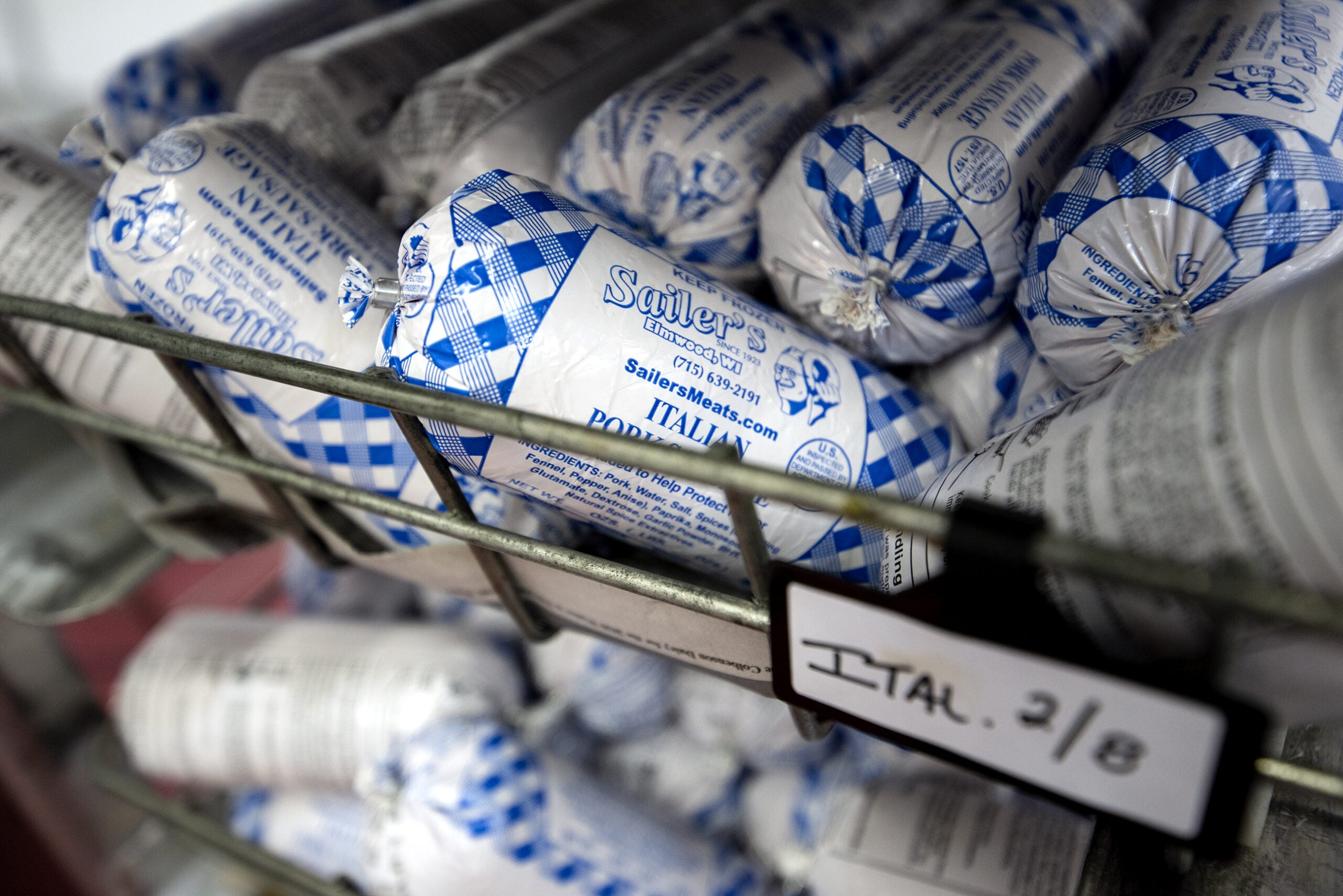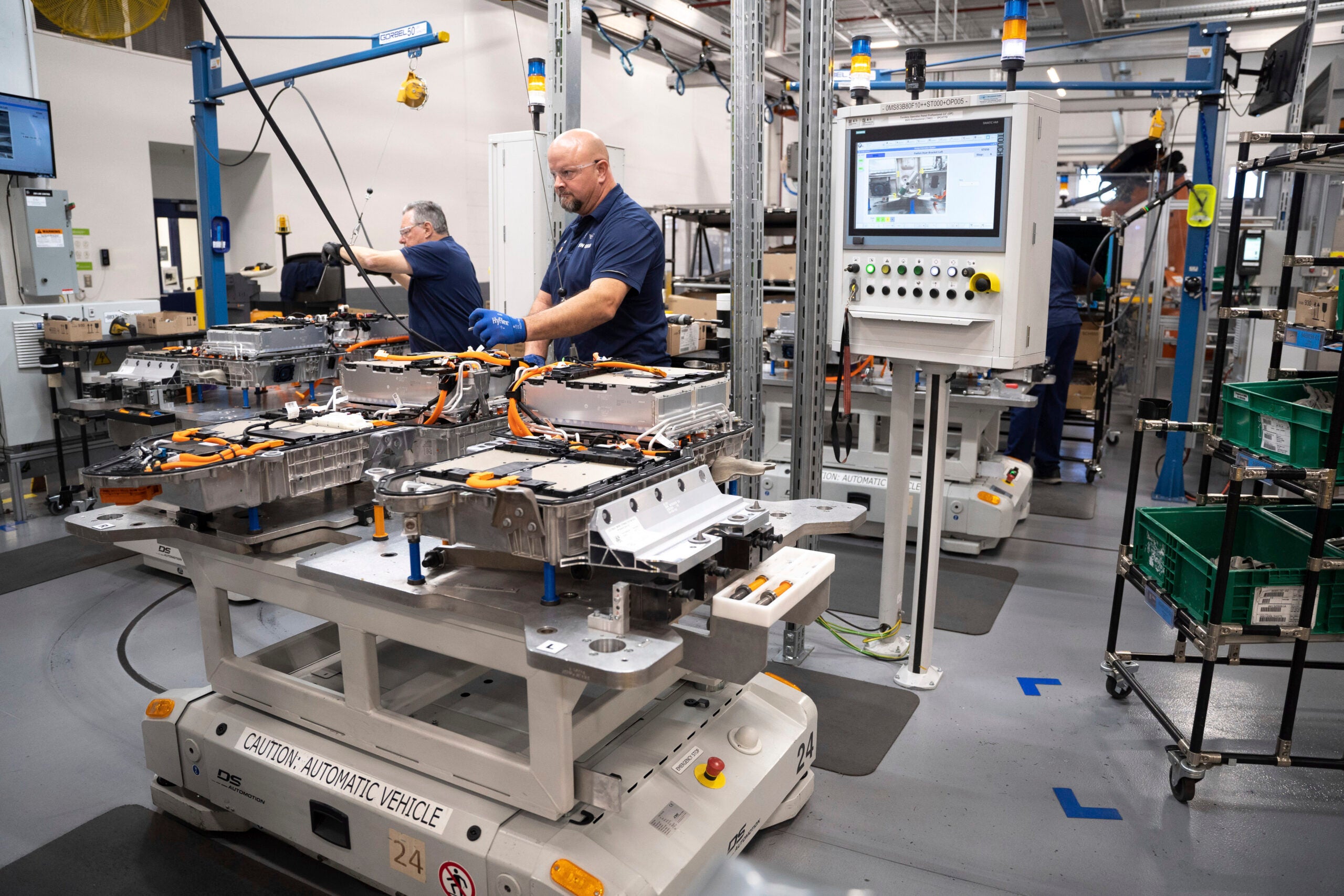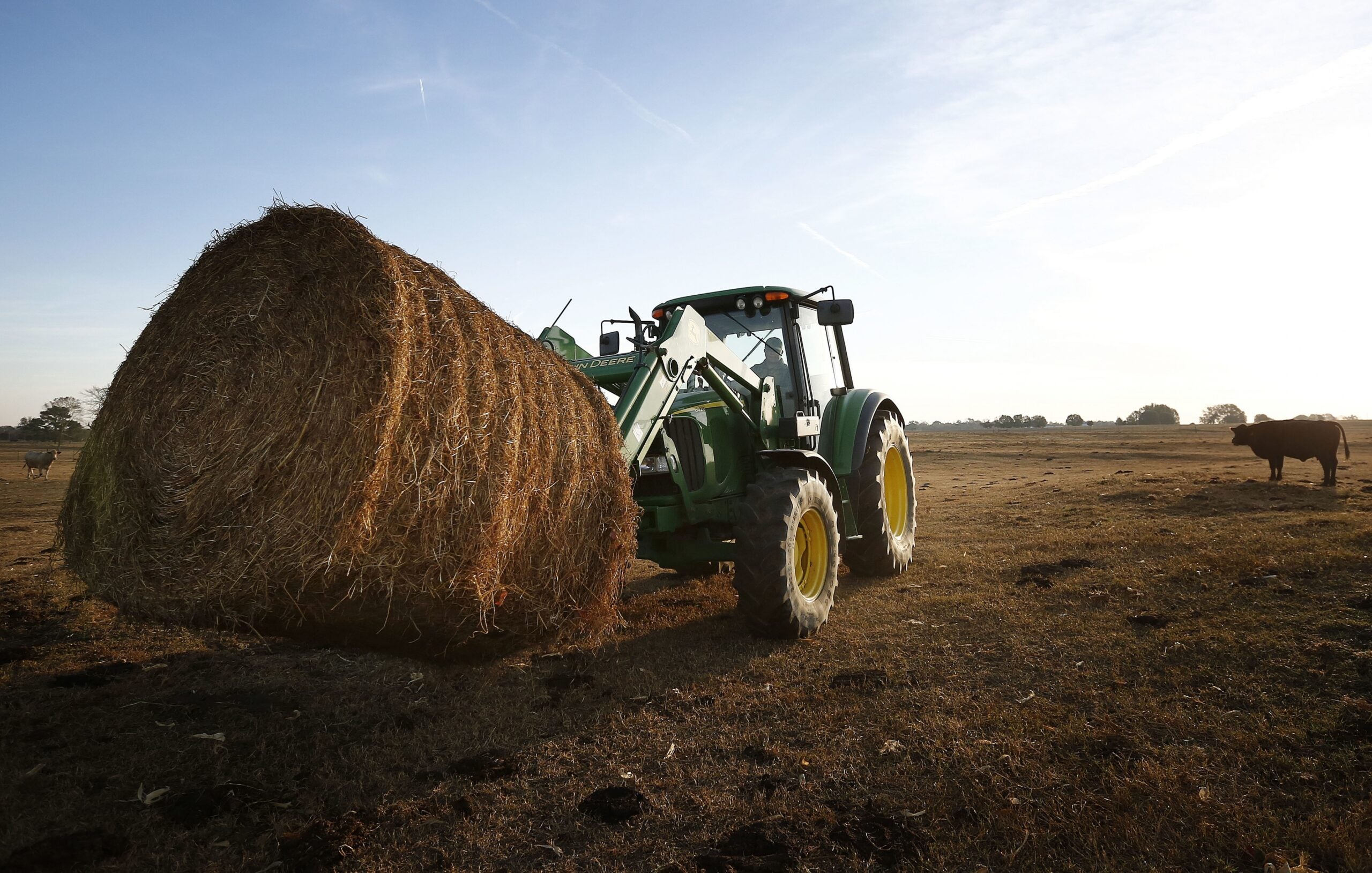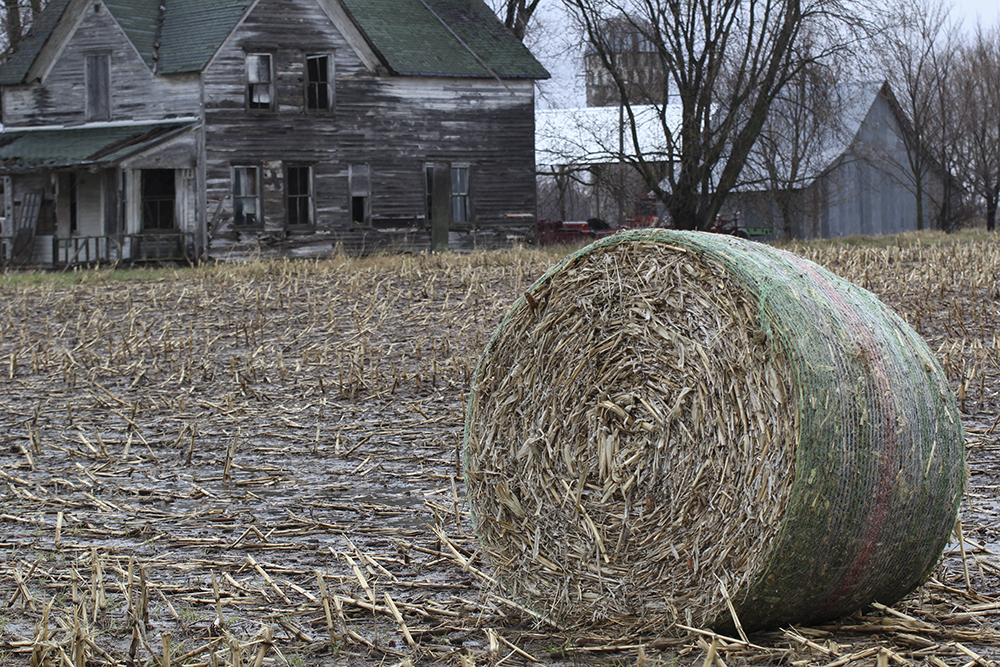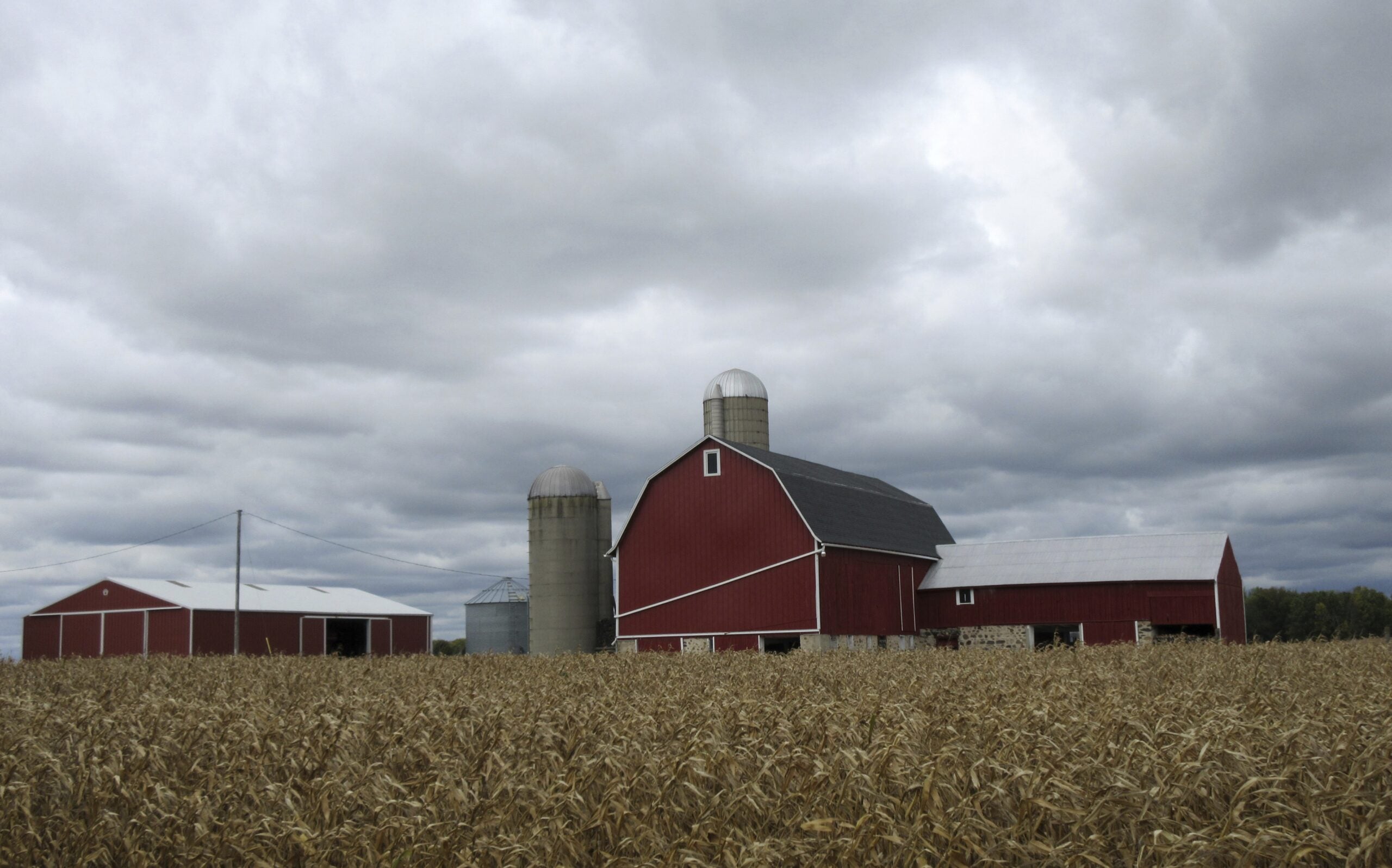As independent meat processors in the state continue to see record-high demand, some hope new federal support will help grow local and regional businesses.
But one Wisconsin farmer group argues consolidation among the nation’s top meatpackers needs to be addressed before the industry can thrive.
The Biden administration announced Monday it will allocate $1 billion to help expand independent meat processing capacity across the country.
Stay informed on the latest news
Sign up for WPR’s email newsletter.
The administration first announced new investments in July in an effort to reduce the impacts of consolidation in meatpacking. Most notably, U.S. Department of Agriculture lowered overtime costs of federal inspectors for small processors and began work to strengthen protections for livestock producers against unfair practices by meatpackers.
The initiatives highlighted this week include:
- $375 million in grants for small- to medium-sized processors to expand.
- support for financial lenders to further increase available capital.
- $100 million for workforce development and safety.
Jake Sailer owns Sailer’s Food Market and Meat Processing in Elmwood. He said his business has already benefited from the reduced inspection fees, making it less costly for him to work on federal holidays.
“We gave our employees off Christmas Eve, but we can’t afford not to work on New Year’s Eve,” Sailer said. “It’s a big difference. We used to pay $75, $78 an hour on overtime (for inspectors) and now I believe it’s down to $35 an hour.”
Sailer’s business has been booked solid since spring of 2020, when shutdowns, caused by COVID-19, at the largest meatpacking plants in the country put new focus on local and regional processors.
Sailer said he still frequently turns away farmers because he doesn’t have capacity. Livestock producers are scheduling slaughters 33 months in advance, before many animals are even born, and Sailer said that timeline is creating problems.
“We have to re-call all of those people 30 to 60 days out,” Sailer said. “There are a few of them that fall off by a few animals. To fill those spots is not a big deal. But it makes it hard on a farmer to try to plan that far ahead, and it makes it hard on the processors because now they don’t even know where they’re at.”
These scheduling problems and increasingly long wait times for slaughter are one of the top issues identified by the Wisconsin Farmers Union’s new report on the state’s meat processing industry.
The farmer group put together a task force last year to talk with stakeholders and identify the top challenges for processors, farmers, industry workers and consumers in the state.
Lauren Langworthy is special projects director for the Wisconsin Farmers Union and helped compile the report. She also raises grass-fed lamb and beef on a farm near Wheeler. She said there were multiple needs identified in the report, from the struggle to attract and retain workers at small facilities to the lack of price transparency for consumers and farmers who sell to large meatpacking companies.
But Langworthy said what these issues boil down to is increasing pressure from consolidation among the largest companies. Both the White House’s announcement and the Wisconsin Farmers Union’s report point out that the top four processing companies represent 85 percent of beef processing, 70 percent of pork processing and 54 percent of poultry processing.
“You’re maybe seeing a lot of brands or opportunities, but they’re run by very few players and those players have often, unfortunately, colluded on pricing and really reduced people’s options,” Langworthy said. “We need to be supporting small businesses… But we also need to be addressing this consolidation issue that’s driving down wages for laborers, driving up prices for consumers and driving down the farmers’ share of the food dollar.”
National advocacy groups have argued that large meatpacking companies are dealing with the same pressures from the pandemic faced by independent processors. The North American Meat Institute issued a statement this week in response to the Biden Administration’s announcement, calling the plans “government intervention” meant to increase prices for farmers and blame processing companies for inflation.
“The Biden Administration continues to ignore the number one challenge to meat and poultry production: labor shortages. This tired approach is not surprising because they have refused to engage with the packing and processing sector they attack,” Julie Anna Potts, president and CEO of the North American Meat Institute, said in a statement.
To Sailer, focusing on consolidation within the industry isn’t straightforward. While he recognizes the largest packing plants influence cattle prices and get to set what he pays for raw materials, Sailer said he’s not sure what government officials can really do to decrease the multinational companies’ influence.
Sailer said not every independent processor wants to expand their business. But he said having better access to capital through these new state and federal programs should help some independent processors to increase their capacity and meet the surge in demand that hasn’t slowed down since spring 2020.
Sailer himself is one of those processors eager to grow. He purchased land for a new plant two years ago, but has yet to have the money or time to begin construction on a new facility.
Wisconsin Public Radio, © Copyright 2025, Board of Regents of the University of Wisconsin System and Wisconsin Educational Communications Board.
